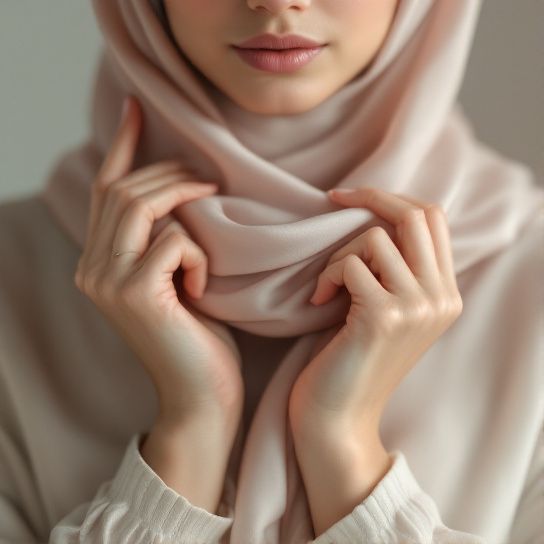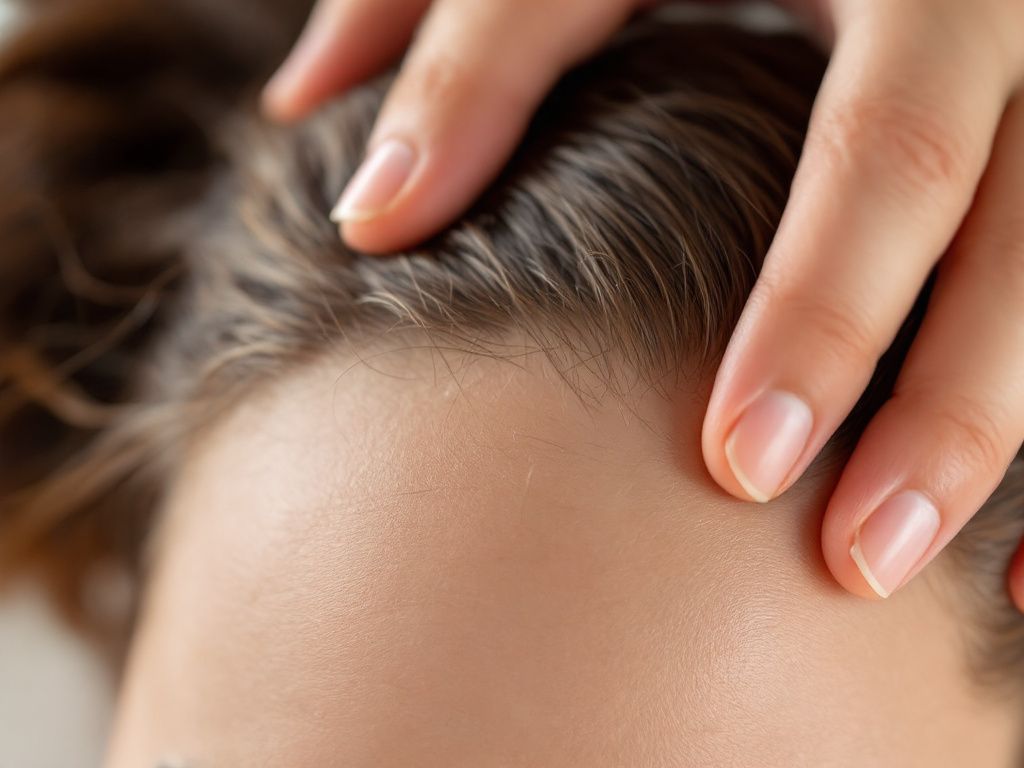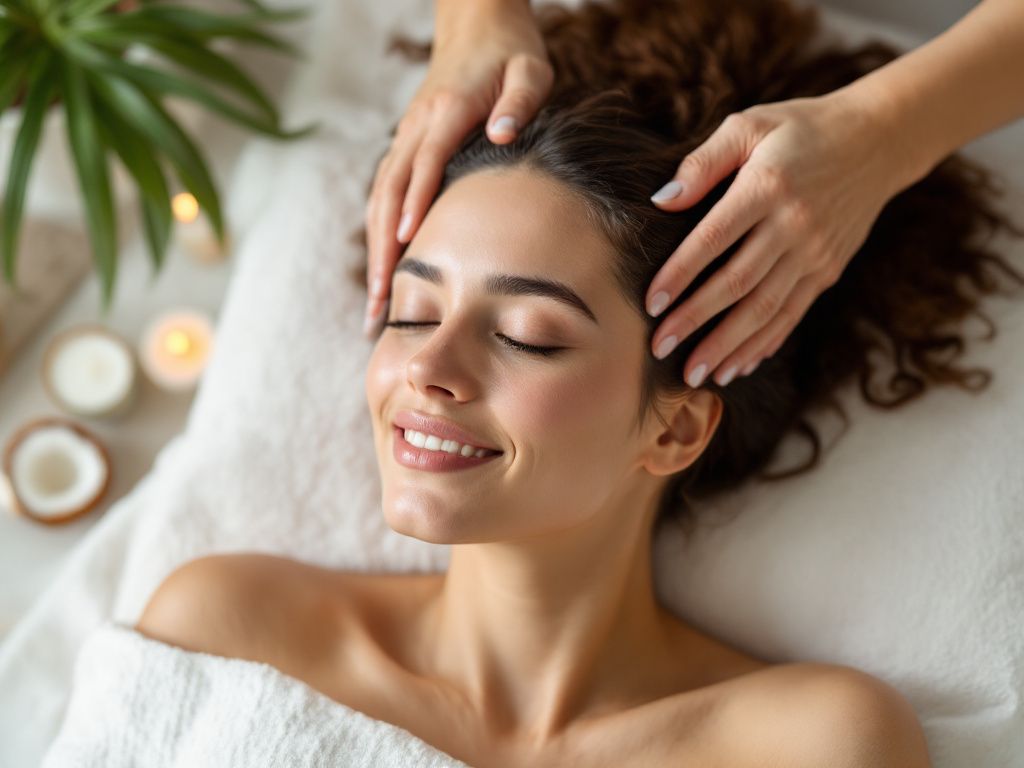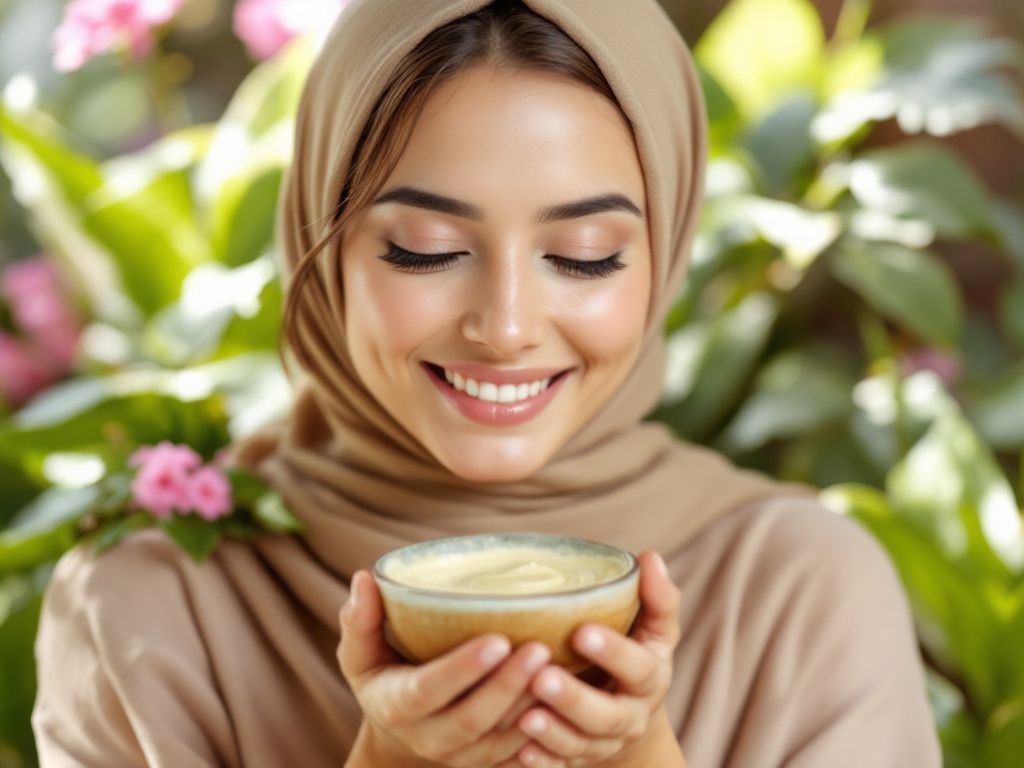The Spiritual Connection: Hair Care as an Act of Faith

In the tapestry of daily life, often woven with monotonous routines and the ceaseless demands of the world, it is crucial to rediscover the moments where spirituality and everyday habits converge. One might not immediately link personal grooming with profound spiritual practices. Yet, exploring the deeper spiritual dimensions of caring for the hair Allah gave you can transform a simple routine into a reflection of faith, dignity, and gratitude. 🌿💫
As experts in understanding and communicating these nuanced aspects, let’s delve deeper into the Islamic perspective on hair care, exploring the intertwining of grooming, faith, and spiritual resilience.
Understanding Spiritual Acts in Everyday Life
In Islam, every action, whether minor or grand, can be oriented toward faith. This means that even the seemingly mundane act of caring for your hair is not devoid of spiritual significance. The integration of Islamic perspective on hair care emphasizes that the body is a trust from Allah, and caring for it is an act of worship.
A Divine Trust: Body as an Amanah
Islam teaches that our bodies are temporarily entrusted to us as amanah (trust) from Allah. Therefore, maintaining one’s hair reflects fulfilling this trust, showcasing one’s spiritual responsibility in the preservation and health of their physical self. The way a believer treats what Allah has given is an act of acknowledgement of His blessings and a statement of thankfulness. Gratitude transcends verbal expressions and finds substance in caring actions.
Hair Care in Religious Context
In Islamic teachings, several hadiths (traditions of the Prophet Muhammad, peace be upon him) highlight the importance of personal grooming. By understanding these teachings, we seamlessly braid faith into our hair care routines, ensuring that every step is taken consciously.
Prophet Muhammad’s Teachings

Prophet Muhammad (PBUH) frequently advised his followers to maintain cleanliness and tidiness, important principles within Islamic ethics:
- Hadith Example: Prophet Muhammad (PBUH) encouraged the act of cleaning and combing one’s hair, saying, “Whoever has hair should honor it” (Abu Dawood). The instruction ‘to honor’ sets hair care against the rich tapestry of religious obligation.
Living Faith Day-to-Day
The essence of incorporating spirituality into everyday life can be illustrated further:
- Routine as Reverence: Begin hair care with the intention of fulfilling your duty as part of your spiritual journey. Start by washing your hair, considering it a way to purify and honor the life Allah gave you.
- Using Halal Products: Choosing halal and ethical products ensures you align your external actions—buying and using products—with core Islamic values.
- Prayer and Presence: Frame the quiet act of brushing or styling your hair as a moment of meditative reflection, silently offering gratitude to Allah for His blessings.
Practical Spiritual Applications
Bridging beliefs and everyday practices can be evocatively efficient. Here is a step-by-step guide to creating a spiritually conscious hair care routine:
Step 1: Washing with Intention
- Mindful Cleansing: Select a specific day of the week to establish a hair washing routine that aligns with spiritual practice (such as Friday). Before you begin, make niyyah (intention), such as “Ya Allah, I undertake this cleansing as a way to keep the counsel of Prophet Muhammad (PBUH).” 🧴✨
Step 2: Combing with Reflection

- Slow Rhythms: As you comb, reflect on the history of prophets and their care. Recall how Maryam (Mary) was known to care diligently for Isa (Jesus, peace be upon him) as part of their daily lives. Let your thoughts align with tranquility and gratitude.
Step 3: Nourishing with Purity
- Natural Oils and Sunnah: Use oils recommended in Sunnah, such as olive oil, which the Prophet (PBUH) mentioned for its blessings. Olive oil nourishes physically and connects one spiritually to prophetic traditions.
Step 4: Styling with Humility
- Adhering to Modesty: Modesty is paramount in Islamic ethics—styles should not emulate those condemned or exaggerated. Align your outward appearances with humbleness and confidence.
Avoiding Mistakes: Guarding Against Oversight
In striving for spiritual equilibrium, certain pitfalls may inadvertently complicate one’s journey:
- Neglect and Complacency: Disregarding hair care is akin to shirking a form of ibadah (worship) and halal maintenance—a common mistake to avoid.
- Unconscious Choices: Utilizing products without investigation may lead to unintended use of haram (prohibited) substances. Always ensure your resources are scrutinized under religious guidance.
Expert Tips and Best Practices for Spiritual Hair Care

Harness the wisdom of experts who have blended spiritual wisdom into their daily or personal grooming missions:
- Consult with Scholars: Seek advice from those skilled in Islamic jurisprudence for clearer interpretations relating to current trends in grooming.
- Community Learning: Join workshops or online communities targeted at fusing faith and daily living for support and shared intentionality.
- Incorporate Duas: Before choosing and applying any hair care method, recite duas asking for barakah (blessing) in the implements of cleanliness and health improvement.
Real-World Testimonies
Consider someone like Ayesha, who navigates modernity and faith merged effortlessly within her life as a practicing Muslim. For Ayesha, beginning her Fridays with a deliberate hair care routine elevates her preparation for Jum’ah (Friday prayer), reconnecting her to both her community and Creator with confidence and poise. Her story exemplifies a conscious commitment to balancing the simple with the spiritual. 🌺
Encouraging Reflection and Practice
Engaging deeply with hair care within an Islamic framework can cultivate an environment where faith effortlessly connects to daily action. Remember, each gesture in grooming, backed by conscious reflection on the religious context, intertwines patiently into the broader canvas of faith. It is this commitment to create harmony at every level, elevating nods to divine stewardship uniquely readable through everyday practices. Are we not called to interweave life with the spiritual and breathe in each day with both grace and awareness?
In your journey, aiming to align practices like hair care with Islamic principles of respect, responsibility, and reflection heralds an emotional and spiritual enrichment. Invoke this understanding as a mindful transformation—one guided not just through aesthetics but shimmering with deep, introspective reflection—a luminous act of faith. 🌟
The spiritual journey granted through the Islamic perspective on hair care awaits your deliberate steps and constant zeal towards guidance and fulfillment. 🕌✨
Frequently Asked Questions
What are the benefits of using a hair mask in my hair care routine?
Using a hair mask can provide several benefits, including hydration, smoothing, strengthening, curl definition, heat protection, and damage repair. Hair masks infuse the hair with moisture, help coat the hair shaft to seal split ends, reduce breakage, and protect the hair from heat styling and environmental damage[1][4].
What ingredients should I look for in a hair mask?
Effective hair masks often include ingredients such as coconut oil, argan oil, shea butter, honey, avocado oil, green tea, and coconut water. These ingredients provide nourishment, moisturize, and protect the hair, offering benefits like softening, moisturizing, and protecting against damage[2][5].
How often should I use a hair mask in my routine?
You should use a hair mask whenever your hair feels dry, unmanageable, or in need of intense hydration. This can vary depending on your hair type and needs, but generally, using a hair mask once or twice a week can help maintain healthy and moisturized hair[1][4].
How do I apply a hair mask for the best results?
To apply a hair mask effectively, shampoo your hair first, then apply the mask, focusing especially on the ends where hair tends to be the most damaged. Leave the mask on for anywhere from 10 minutes to overnight, depending on the type of mask and your hair’s needs[1][4].
References










